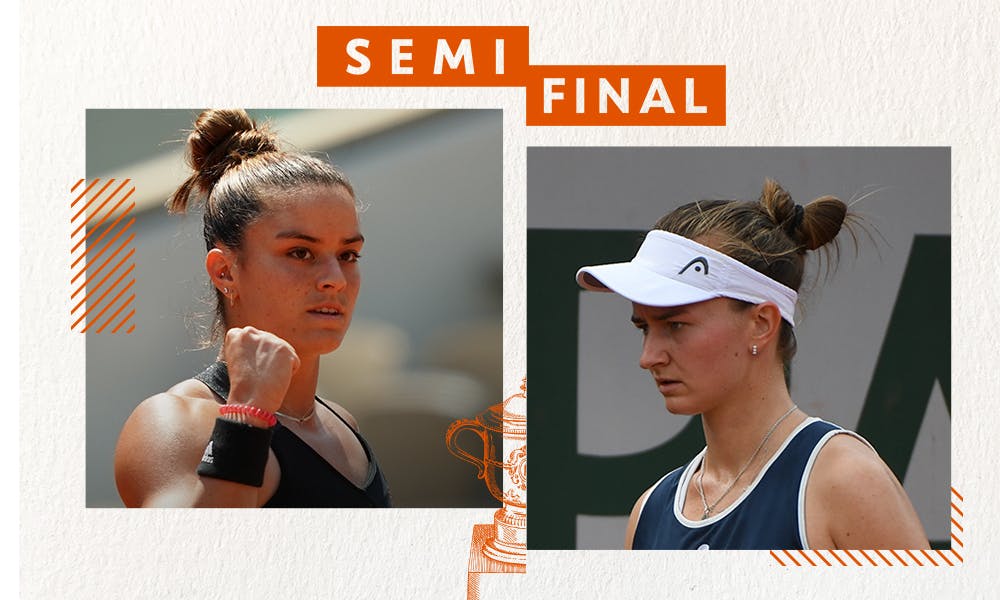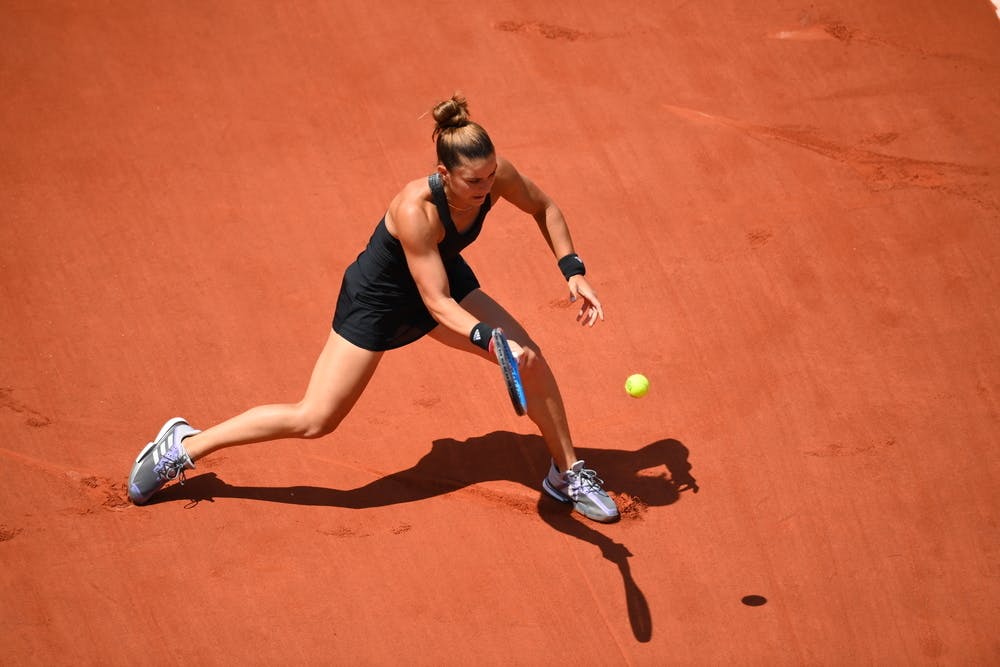Krejcikova's composure
Now that she is through to her first major semi-final, are the worst of the nerves behind Krejcikova? Playing poised, confident tennis, the Czech was able to save five set points and defeat American Coco Gauff in straight sets in the quarter-finals. She showed a champion’s mentality in the opening set, producing some bold shot-making to turn the match around.
Krejcikova admitted she was lacking in self-belief before her fourth-round match against Sloane Stephens, but seems to have made peace in her mind.
“I was just like, ‘Oh, my God, what if I'm going to lose 0, 0? It would be a disaster,’ stuff like this,” Krejcikova confessed, referring to her match against the former runner-up in the fourth round.
The 25-year-old Czech said she felt much better against Gauff in Wednesday’s quarter-finals. If she is going to unlock her achievement in the semis, she will need a clear, confident head to do it.
“I was just super relaxed and I didn't have these feelings again,” she said. “You have to just go and you have to try to overcome this somehow. For me, it was helpful to actually talk to my psychologist and just talk about it, just have some good words from her because she knows.”
 ROLAND-GARROS
19 May - 8 June 2025
ROLAND-GARROS
19 May - 8 June 2025



 © Corinne Dubreuil / FFT
© Corinne Dubreuil / FFT